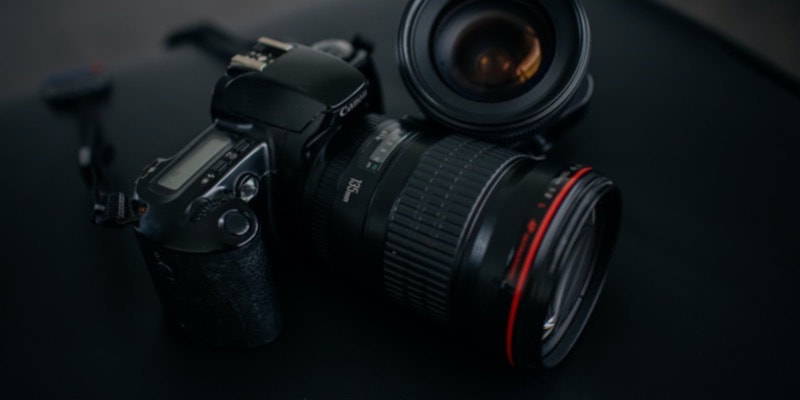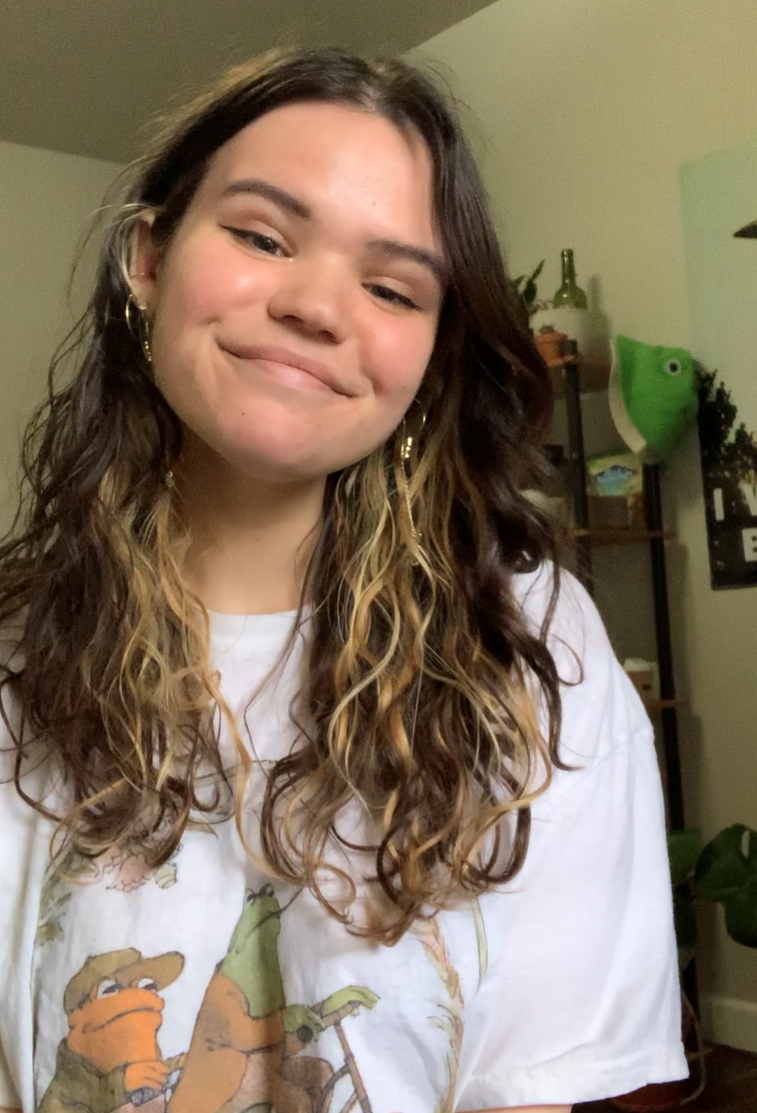|
Documentaries have been a huge trend on YouTube recently, with many of these videos reaching hundreds of thousands of views. Whether they be about history, internet celebrity drama, or niche interests, viewers are more willing to watch long, in-depth content, and video essay channels such as Sarah Z and Lindsey Ellis amass millions of views. Want to learn how to make these documentaries? Here are our tips: Find your thesis. Sure, you probably have a topic in mind, but what is your video about? Why does it matter, and why should the audience care? Your thesis doesn’t have to be one sentence the way it would be in an essay — your thesis can just be your main point! Maybe you’re making this documentary to make an argument, educate your audience, teach a life-lesson, or maybe just because your topic is fascinating. No matter what it might be, it is a good idea to know what your thesis is before you start filming. This will make it easier when you reach the end of the video, because you will already know how to wrap it up. The conclusion can often be the hardest part of a documentary, but it is also extremely important! A good conclusion will leave your audience satisfied with the entire video; however, a subpar one will make the audience feel like something is missing. Answering the question of “Why did I make this?” can be a hard task, but once you have your thesis down, the conclusion comes easily. Make a plan. How do you want your documentary to look? Are you going to sit down and talk to the camera, or are you going to be a voice-over while clips play across the screen? Are you going to use any clips or music that might be copyrighted? Before you go any further with your documentary, you need to think about these things! Gathering clips and music beforehand is a great way to save you some trouble later. Though most documentary content falls under Fair Use, long, unedited movie or music snippets can be claimed by copyright. This could prevent your video from being monetized, visible in certain countries, or published altogether. But there are ways around copyright claims! Often, editing longer clips down, placing images or text over the clips, or removing the sound can absolve automatic copyright claims. Copyright-free music is also a safe bet! Get the right equipment. A decent camera and microphone are important to making sure your video looks and sounds high-quality. Of course, plenty of video essayists use their standard phone camera and microphone, but if you want to add that extra craftsmanship, finding better equipment is necessary. Good equipment can be pricey, so expect to pay at least $120 on a camera and $50 on a microphone. The quality will be noticeable, though, and since these are one-time purchases, they are good investments if you intend to make multiple videos. Write a script. So you have your topic, your thesis, and a plan. Now it’s time for arguably the most important step – the script! Most video essayists and documentarians, even the amateurs, do not go in empty-handed. Coming up with what to say on the spot is an impossible task and will almost certainly lead to second-guessing yourself later, so it’s important to write out exactly what you want to say. After you have a script, wait a day or so, then read it again and have someone else read it. Visual content is certainly a huge plus, but the real value of your documentary is in what you are saying, not playing on the screen, so be certain that your script is good! It is also a good idea to hire a co-writer. Even the biggest and most experienced documentary channels use co-writers. Again, your script is the most important part of your video, so making sure it is perfect is a huge task. Enlisting help can lighten the load. Start editing. Of course, your documentary will only truly look professional if all the parts fit together properly. Clips, music, voice-over, and video all need to work well together. First, you’ll need editing software. iMovie might work for short videos, but its editing capabilities are limited. Adobe Premiere Pro is one of the most-used and best-rated video editing software for good reason. With color correction, filters, transitions, built-in special effect options, and more, Premiere Pro is an excellent resource for making clean, professional videos. Because it is so popular, hundreds of videos explaining the tips and tricks to using it are available for free on YouTube. However with a monthly price tag of about $20, it may not be an option for many aspiring filmmakers. Adobe Premiere Elements is a one-time payment, but it comes with far more limited capabilities. Don’t want to pay for fancy editing software? Hire an editor! Hiring help is a great way to relieve your own burden and ensures that your video will be top-notch quality. Making your own documentary is no small feat, but it is also not impossible, even for beginners! We hope that from this article, you have learned where to start, what you need, and when to get help! If you’re in need of inspiration, check out these short documentaries posted on our very own Night Heron Media YouTube channel.
0 Comments
Your comment will be posted after it is approved.
Leave a Reply. |
Categories
All
Archives
March 2022
|
|
Help preserve our history and share our stories through the book and media arts by making a tax-deductible donation today.
Night Heron Media is a 501(c)3 non-profit corporation registered in Texas.
|
Copyright © 2024 by Night Heron Media



 RSS Feed
RSS Feed